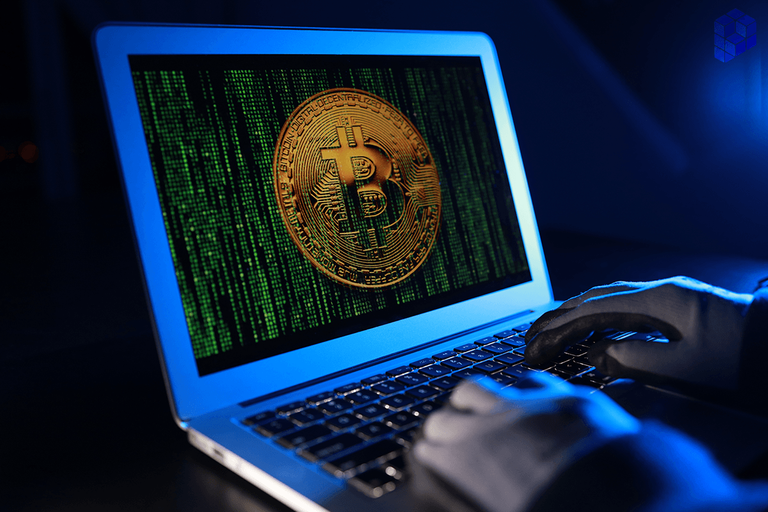
The Ironic Thing About the Crypto-Enthusiast Space
Is that many, if not most of them, value their privacy more than most. And yet, the technology is designed to make everything you do absolutely naked for all to see and verify for themselves. So why be excited about this?
I believe today we have an opportunity to utilize new developments in open public decentralized blockchains which will enable us to have controls over our privacy when using blockchain. I am not a believer in anonymity, which is often confused with privacy.
No, you should have control over your data and not be forced to have your information sold, if not manipulated, for others to profit from. This is the current state of affairs today, and it has led to a very bad place on the Internet. Rather, people should have the necessary tools to control their data in intuitive ways, and the ability to share only what is needed to interact with others while satisfying other parties on the validity of your claim to be who you are, while also having independently verifiable proof that’s all they have and nothing more.

In the Early Days With the Creation of Bitcoin,
The pseudo-anonymous way the blockchain worked was ‘enough privacy’ at that time. As technology advanced, those that desired the ability to track and identify those using the open public blockchain found ways of using other elements of data from the Internet to be able to effectively correlate people to addresses.
Understanding this, the public decentralized blockchain space has been held back by some portions of the industry who desire privacy in their transactions. This is equally desired by most individuals who may not want to have their information revealed to the public.
In the recent past, the solution to this in blockchain has been to build private blockchains that were centralized. While this was effective in keeping data off public ledgers, it only replicated the issues we currently have in centralized compute and storage models. There needs to be a method for providing cryptographic proof of transaction to the ledger, while allowing the end user to have privacy controls on who can and cannot view those transactions.

One Solution Would Be the Introduction of Zksnarks
(Zero Knowledge Proofs) to the Peerplays blockchain as a means of handling private transactions. With this introduction, end users will be empowered with the ability to have their data stores published to the blockchain while keeping the contents of them accessible only to those they choose.
This opens the door to end users being able to offer various revenue stream models as content creators, or for publishers to provide access controls to their subscribers without the rest of the world having to see what they are subscribing to. In games, utilizing this in tandem with Peerplays RNG provides a verifiable proof for ‘mystery box’ mechanics which are an important element to gamification. Add on Peerplays NFTs, and now you have endless possibilities.
Dapp developers will be able to design their Dapps with privacy in mind to empower the users of those Dapps to control their privacy in new and exciting ways as people’s digital gamified personas continue to evolve over time.
Never in the history of humanity have we ever been so tested as we are today with how we handle other people's information. It is abundantly clear that when it comes to using blockchain, if you are in the driver seat when it comes to your private keys, you should be there for access control of your data also.
.
.
.
This is the 14th in a series of articles I will be making over the next month. Be sure to subscribe to get notified of future posts to find out where this goes.
Have thoughts on what I shared? Feel free to leave a comment and share!
Congratulations @jonathan.bahai! You received a personal badge!
You can view your badges on your board And compare to others on the Ranking
Do not miss the last post from @hivebuzz: